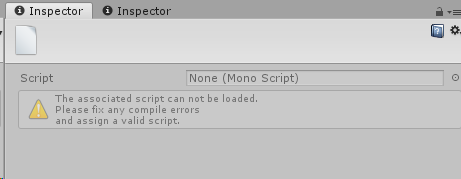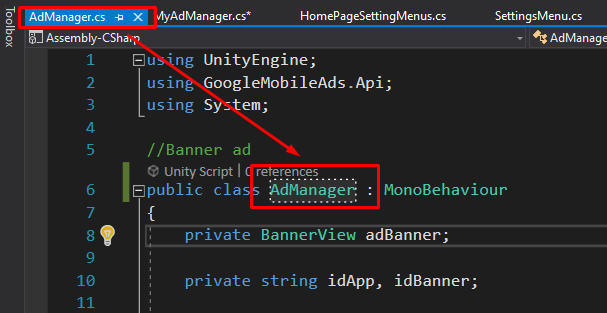The Editor script on the below page from Gigadrill Games did the job for me. Many thanks to them for creating this - missing scripts is a regular problem I have with my Unity workflow.
Just create an Editor folder anywhere in your project hierarchy (e.g. Plugins/Find Missing Scripts/Editor) and extract the script file in the RAR file linked in the below article.
You'll have an option on your 'Window' menu in Unity to track down those pesky missing script components.
https://gigadrillgames.com/2020/03/19/finding-missing-scripts-in-unity/
Code also reproduced below:
using UnityEditor;
using UnityEngine;
namespace AndroidUltimatePlugin.Helpers.Editor
{
public class FindMissingScriptsRecursively : EditorWindow
{
static int _goCount = 0, _componentsCount = 0, _missingCount = 0;
[MenuItem("Window/FindMissingScriptsRecursively")]
public static void ShowWindow()
{
GetWindow(typeof(FindMissingScriptsRecursively));
}
public void OnGUI()
{
if (GUILayout.Button("Find Missing Scripts in selected GameObjects"))
{
FindInSelected();
}
if (GUILayout.Button("Find Missing Scripts"))
{
FindAll();
}
EditorGUILayout.BeginHorizontal();
{
EditorGUILayout.LabelField("Component Scanned:");
EditorGUILayout.LabelField("" + (_componentsCount == -1 ? "---" : _componentsCount.ToString()));
}
EditorGUILayout.EndHorizontal();
EditorGUILayout.BeginHorizontal();
{
EditorGUILayout.LabelField("Object Scanned:");
EditorGUILayout.LabelField("" + (_goCount == -1 ? "---" : _goCount.ToString()));
}
EditorGUILayout.EndHorizontal();
EditorGUILayout.BeginHorizontal();
{
EditorGUILayout.LabelField("Possible Missing Scripts:");
EditorGUILayout.LabelField("" + (_missingCount == -1 ? "---" : _missingCount.ToString()));
}
EditorGUILayout.EndHorizontal();
}
private static void FindAll()
{
_componentsCount = 0;
_goCount = 0;
_missingCount = 0;
string[] assetsPaths = AssetDatabase.GetAllAssetPaths();
foreach (string assetPath in assetsPaths)
{
Object[] data = LoadAllAssetsAtPath(assetPath);
foreach (Object o in data)
{
if (o != null)
{
if (o is GameObject)
{
FindInGO((GameObject) o);
}
}
}
}
Debug.Log($"Searched {_goCount} GameObjects, {_componentsCount} components, found {_missingCount} missing");
}
public static Object[] LoadAllAssetsAtPath(string assetPath)
{
return typeof(SceneAsset).Equals(AssetDatabase.GetMainAssetTypeAtPath(assetPath))
?
// prevent error "Do not use readobjectthreaded on scene objects!"
new[] {AssetDatabase.LoadMainAssetAtPath(assetPath)}
: AssetDatabase.LoadAllAssetsAtPath(assetPath);
}
private static void FindInSelected()
{
GameObject[] go = Selection.gameObjects;
_goCount = 0;
_componentsCount = 0;
_missingCount = 0;
foreach (GameObject g in go)
{
FindInGO(g);
}
Debug.Log($"Searched {_goCount} GameObjects, {_componentsCount} components, found {_missingCount} missing");
}
private static void FindInGO(GameObject g)
{
_goCount++;
Component[] components = g.GetComponents<Component>();
for (int i = 0; i < components.Length; i++)
{
_componentsCount++;
if (components[i] == null)
{
_missingCount++;
string s = g.name;
Transform t = g.transform;
while (t.parent != null)
{
var parent = t.parent;
s = parent.name + "/" + s;
t = parent;
}
Debug.Log(s + " has an empty script attached in position: " + i, g);
}
}
// Now recurse through each child GO (if there are any):
foreach (Transform childT in g.transform)
{
//Debug.Log("Searching " + childT.name + " " );
FindInGO(childT.gameObject);
}
}
}
}




